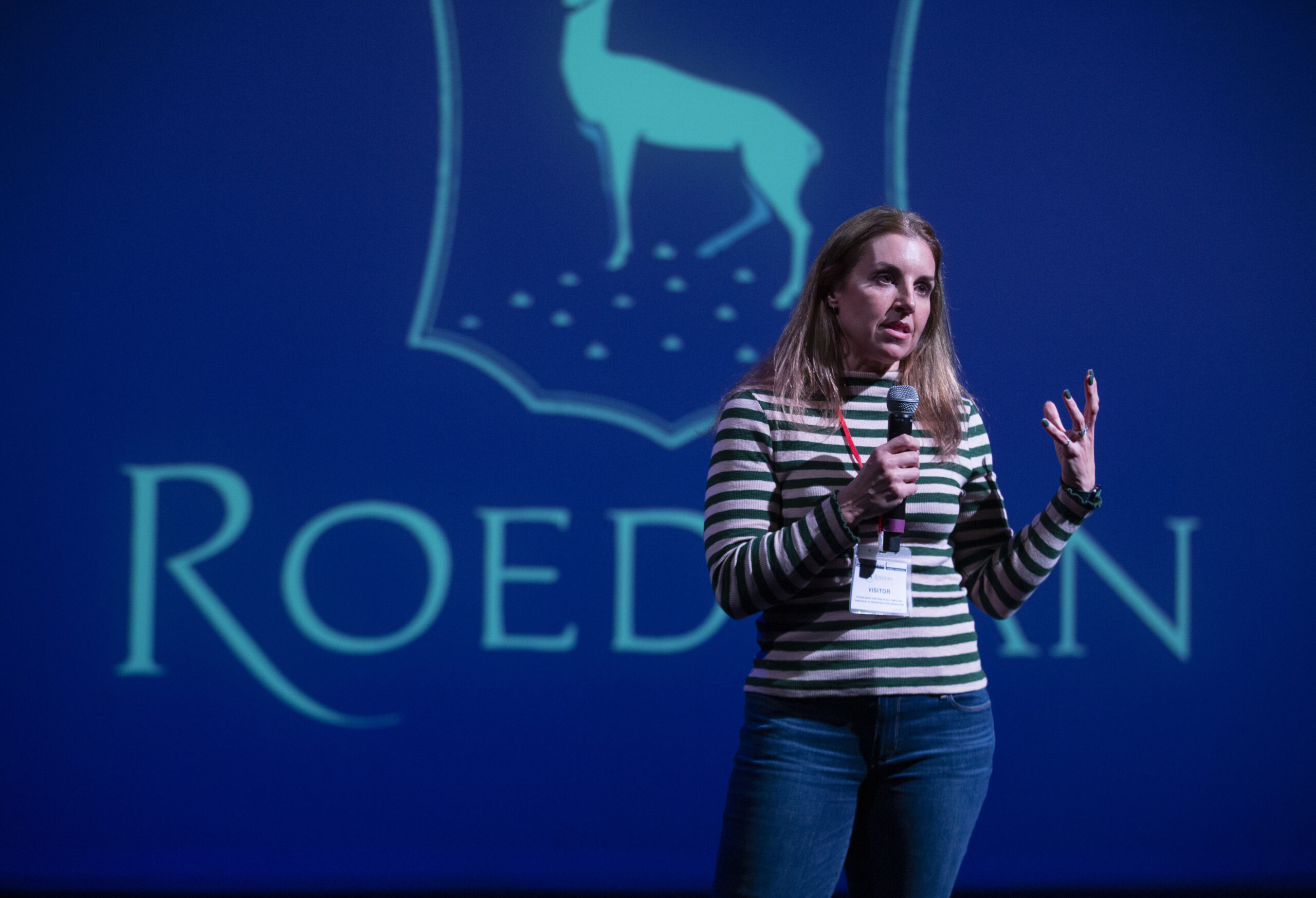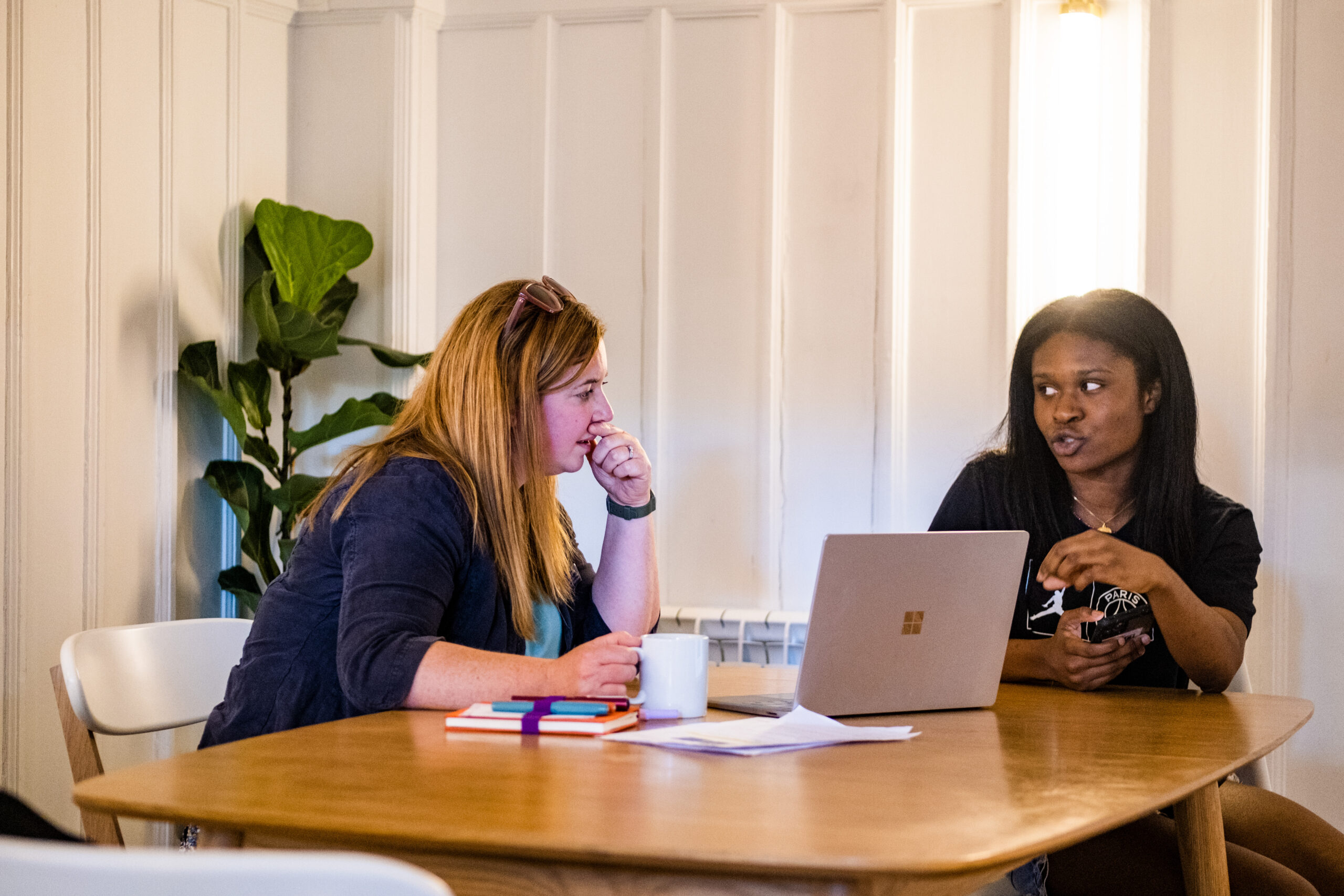As an important milestone in the school journey, GCSE choices enable students to pursue subjects which suit their particular preferences but without any significant specialisation at this time. To ensure that your daughter’s GCSE programme provides her with a broad, balanced education, consistent with the aims of the school, the National Curriculum and the requirements for university entrance, students must take:
- an integrated English Language and Literature course (examined as two separate GCSE subjects)
- Mathematics
- either the Double Certificate Combined Sciences (which counts as two GCSEs) or the Triple Certificate Separate Sciences (which counts as three GCSEs)
- at least one from Geography and History
- at least one modern foreign language from French, German, Russian and Spanish
- To this core curriculum, students should add further subjects from the list below, carefully selected to reflect their interests and future ambitions. We recommend that students choose to take nine GCSEs in total, and only in exceptional circumstances, ten.
We take this GCSE selection process very seriously and provide every girl with extensive support and guidance to help her shape an individual programme of study throughout Key Stage 4.


